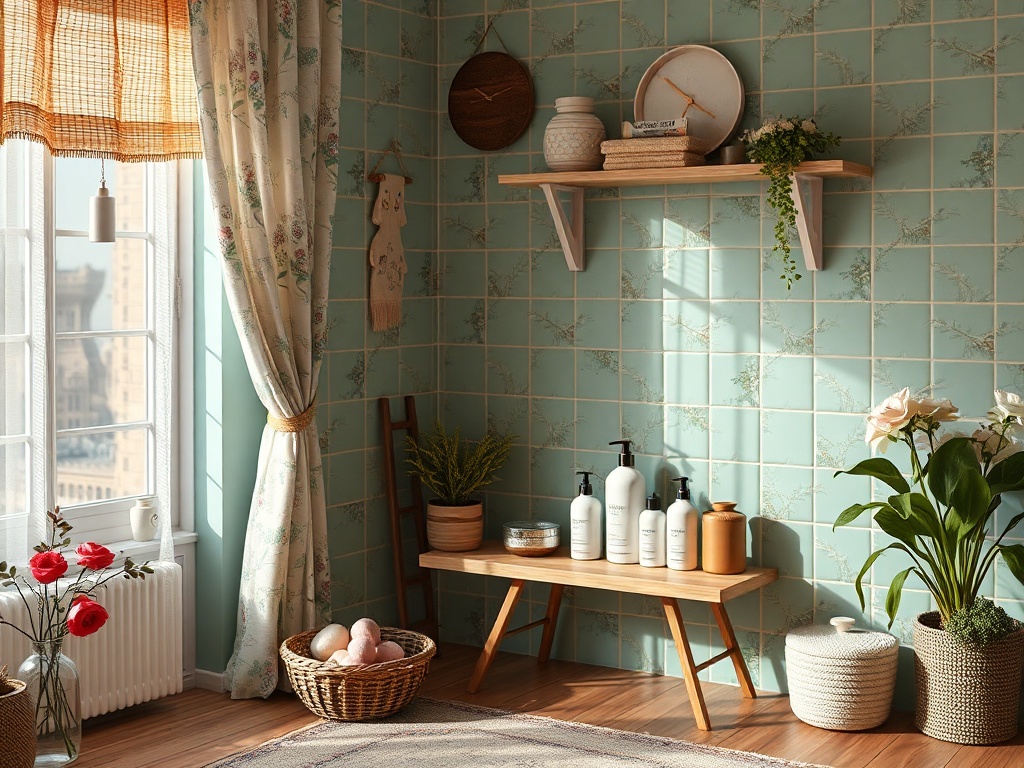The convergence of technology and beauty is not merely an event but an ongoing revolution that has the potential to redefine how consumers interact with products and services in the beauty industry. As we step into 2025, we are seeing an exhilarating pace at which digital tools are being introduced, enhancing customer experiences and shaping new trends. From advanced artificial intelligence to innovative e-commerce solutions, the beauty landscape is being radically altered. Moreover, brands are increasingly looking to sustainability, understanding that consumers are more conscious than ever about the environment and ethical practices. This article will explore these transformative digital tools and provide insights into what beauty consumers can expect in the coming years.
Personalization has emerged as a crucial aspect of the beauty sector. No longer is a one-size-fits-all approach sufficient; consumers are now expecting brands to cater to their unique needs and preferences. Enter Altegio beauty management software, an intuitive platform that helps beauty professionals deliver tailored experiences to clients. By leveraging data analytics, brands can offer customized product recommendations based on comprehensive user profiles. This level of personalization not only enhances customer satisfaction but also fosters brand loyalty.
The Rise of Personalized Beauty Solutions

Consumers today demand products that resonate with their individual needs, paving the way for the rise of personalized beauty solutions. AI-powered skin analysis tools are revolutionizing this aspect by providing tailored skincare recommendations that consider various factors, including skin type, concerns, and even lifestyle habits. This personalization extends into makeup, where virtual try-on experiences allow consumers to see how different shades and products look on their own faces, ultimately guiding their purchasing decisions more accurately than ever before.
| Technology | Benefit |
|---|---|
| AI-Powered Skin Analysis | Provides customized skincare recommendations. |
| Virtual Try-On Tools | Enhances online shopping experience with instant visualizations. |
| Customer Profiling | Helps brands understand consumer preferences better. |
Furthermore, enhanced e-commerce platforms are redefining how beauty products are sold online. E-commerce is evolving from mere websites to comprehensive shopping experiences that prioritize user engagement. Features like chatbots and virtual assistants are becoming commonplace, ensuring that customers receive prompt responses to their queries, driving higher conversion rates. Additionally, the integration of seamless payment solutions, such as mobile wallets and biometric authentication, makes the transaction process smoother and more secure for tech-savvy consumers.
Enhanced E-Commerce Platforms

Several tech innovations are transforming the online shopping landscape for beauty products. Here are some of the key attributes that modern e-commerce platforms are integrating:
- Instant Customer Support: AI-driven chatbots offer 24/7 support to address customer concerns instantly.
- Augmented Reality Features: Virtual try-on experiences enable customers to visualize products in real-time, enhancing decision-making.
- Intelligent Product Recommendations: By analyzing past purchasing behavior, platforms can suggest products tailored to individual preferences.
Toward a more sustainable future, the beauty industry is making great strides in adopting eco-friendly practices through technological innovations. Brands are leveraging blockchain technology to create transparent supply chains, thus enabling consumers to track the origins of their products. This not only boosts consumer trust but also promotes accountability within the industry. Additionally, there is a pronounced emphasis on educating consumers about sustainable practices through various digital channels, encouraging them to make informed purchasing decisions.
Sustainable Practices Through Technology
Many consumers now seek brands that align with their values regarding sustainability. Digital tools are playing an essential role in this shift:
- Using blockchain technology to ensure transparency regarding sourcing and ingredients.
- Implementing eco-friendly supply chain management systems to reduce waste.
- Utilizing e-learning platforms to inform customers about sustainability efforts and responsible consumption.
Social Media’s Role in Beauty Innovations
Social media platforms have become integral to the way beauty brands communicate with their customers. Influencer partnerships have skyrocketed, enabling brands to tap into established trust and engagement within niche communities. These influencers often provide authentic reviews and tutorials that resonate strongly with their followers, leading to increased engagement and sales for beauty brands.
User-generated content (UGC) is also playing a pivotal role in building community around beauty products. By encouraging consumers to share their experiences and results on social media, brands can create a sense of belonging and trust among their customer base. This contributes not only to brand loyalty but also provides valuable feedback for brands, allowing them to innovate and improve their offerings continually.
Conclusion
As we look toward 2025, it is clear that the beauty industry is on the brink of unprecedented change driven by digital tools. Personalization, e-commerce enhancements, sustainability, and social media engagement are not merely trends; they are the new realities shaping consumer experiences. Brands that embrace these advancements will not only adapt to the changing landscape but will also position themselves well for future growth. The future of beauty is exciting, interconnected, and more inclusive than ever.
Frequently Asked Questions
- What are the key digital tools reshaping the beauty industry in 2025?
- AI-powered skin analysis
- Virtual try-on technologies
- Enhanced e-commerce platforms with chatbots
- Blockchain for sustainable practices
- How does AI improve customer experiences in beauty?
- By providing personalized recommendations
- Through accurate skin assessments
- What role does social media play in beauty innovations?
- It facilitates influencer partnerships
- Encourages user-generated content for brand engagement
- How are brands using technology for sustainability?
- By implementing eco-friendly supply chain management
- Educating consumers on sustainable practices via digital platforms
- What can consumers expect from the beauty industry in the near future?
- More personalized products and services
- Enhanced online shopping experiences
- Greater transparency around product sourcing and sustainability efforts


